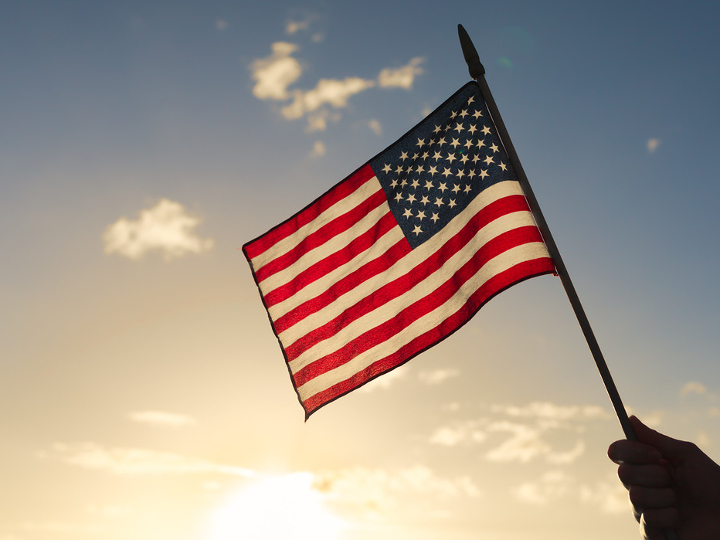
President Trump’s declaration of a national emergency at the border has divided the public along partisan lines. A multi-part poll by the Hobby School of Public Affairs at the University of Houston will seek to determine how best to drive a constructive public debate on the topic.
“Greater Houston Deliberates: The UH Hobby School Deliberative Poll® on Current and Future Immigration Policy” kicks off this month with a telephone poll of residents across the metropolitan Houston region, selected to reflect a representative sample of registered voters in the greater-Houston area.
From that group, about 250 people will be invited to an in-depth session June 15, participating in moderated small group discussions with the opportunity to pose questions to balanced panels of experts. The poll will be re-administered at the end, allowing researchers to determine the impact of discussion and balanced information. Briefing materials for the discussions will be vetted by an advisory committee representing different viewpoints on the issue.
“Immigration policy is a polarizing issue, but previous research shows that attitudes can change when people who have fundamental disagreements meet each other and are given the opportunity to really delve into a topic,” said Jim Granato, executive director of the Hobby School. “This has the potential to show policymakers a way forward. An informed public is a powerful force.”
The Hobby School conducts polling on topics ranging from political elections to the region’s recovery from Hurricane Harvey. It will work with the Center for Deliberative Democracy at Stanford University for this project, using a process developed 30 years ago by center director Jim Fishkin.
“We take random samples of a population, do an initial opinion survey and then bring them together to talk with each other, ask questions of experts and see how their opinions change,” Fishkin said.
Opinions usually do change, even on controversial topics, he said, providing lawmakers a potential consensus on which policies are likely to gain broad support.
Fishkin said the process has been tried across the United States and in 28 countries. In the late 1990s he oversaw a series of eight Deliberative Polls in Texas to track how many residents would be willing to pay more for electricity generated by wind and solar power. The percentage increased from 52 percent to 84 percent; Texas is now the No. 1 state for producing and using wind energy.
Granato said all materials used in the small-group deliberations will be nonpartisan, with the expert panel selected by an advisory committee headed by Houston immigration lawyer Charles Foster and Gordon Dilmore, a Hobby research associate with a background in law enforcement and security issues.